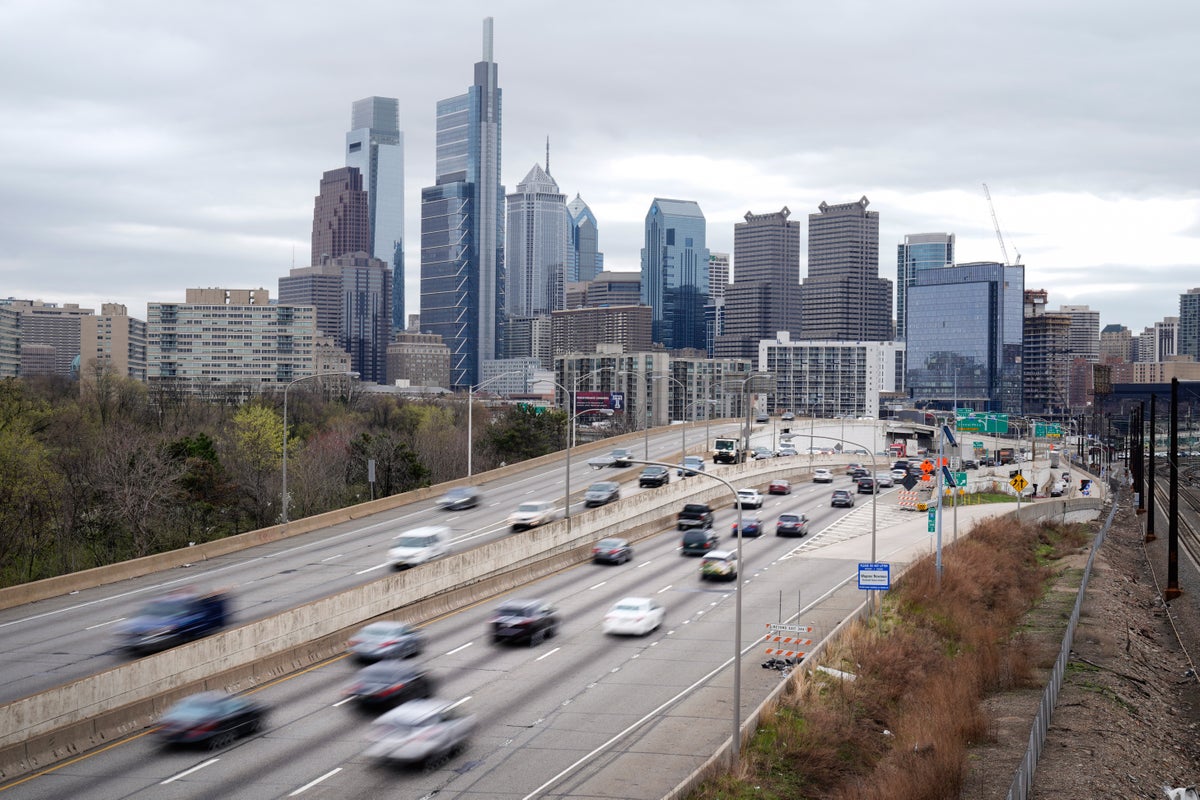
The Senate on Thursday confirmed former California pollution regulator Steven Cliff to run the National Highway Traffic Safety Administration.
President Joe Biden’s pick to run the agency was confirmed by consent without objections or a formal roll call vote.
Cliff takes over the road safety agency at a critical time, about a week after it estimated that nearly 43,000 people were killed on U.S. roads last year, the highest number in 16 years.
The 10.5% jump over 2020 numbers was the largest percentage increase since the agency began its fatality data collection system in 1975.
Risky driving behaviors during the pandemic, such as speeding and less frequent use of seat belts, exacerbated the problem as people began to venture out more in 2021 for out-of-state and other road trips, analysts said.
Cliff told the Senate Commerce Committee in December that he would work to adopt regulations such as those urging seat belt use, and would implement mandates under the new infrastructure law to reduce drunken driving.
“I am committed to turning this around,” Cliff said, referring to the crash trend.
He said the infrastructure law will help by increasing NHTSA’s budget by 50%, with money used to boost staffing and improve U.S. data collection to understand where and how crashes happen.
Cliff has been serving as NHTSA's deputy administrator at a time the agency has undertaken a rewrite of vehicle fuel economy standards to reduce greenhouse gas emissions. It also has ordered automakers to report crashes involving automated driving systems, and it opened an investigation into Tesla’s Autopilot partially automated driver-assist system due to crashes into parked emergency vehicles.
A message was left Thursday seeking comment from Tesla, which has disbanded its media relations department. Tesla has said in the past that neither its “Full Self-Driving” nor its Autopilot systems are fully autonomous and that drivers must be ready to intervene at all times.
NHTSA, which sets vehicle safety standards, finds safety defects, manages recalls and helps to develop government fuel economy requirements, has been without a confirmed administrator since Mark Rosekind left at the end of 2016.







